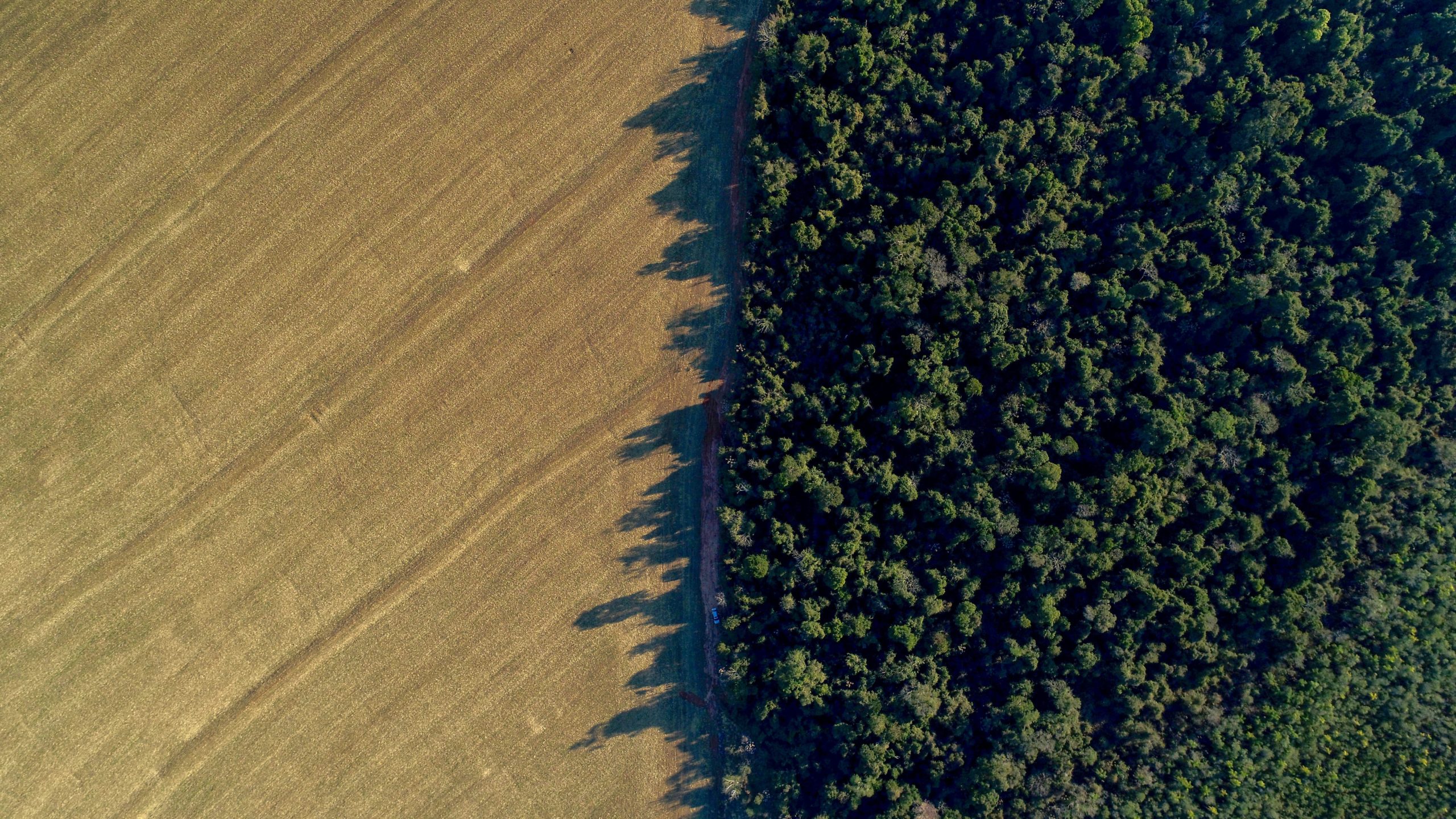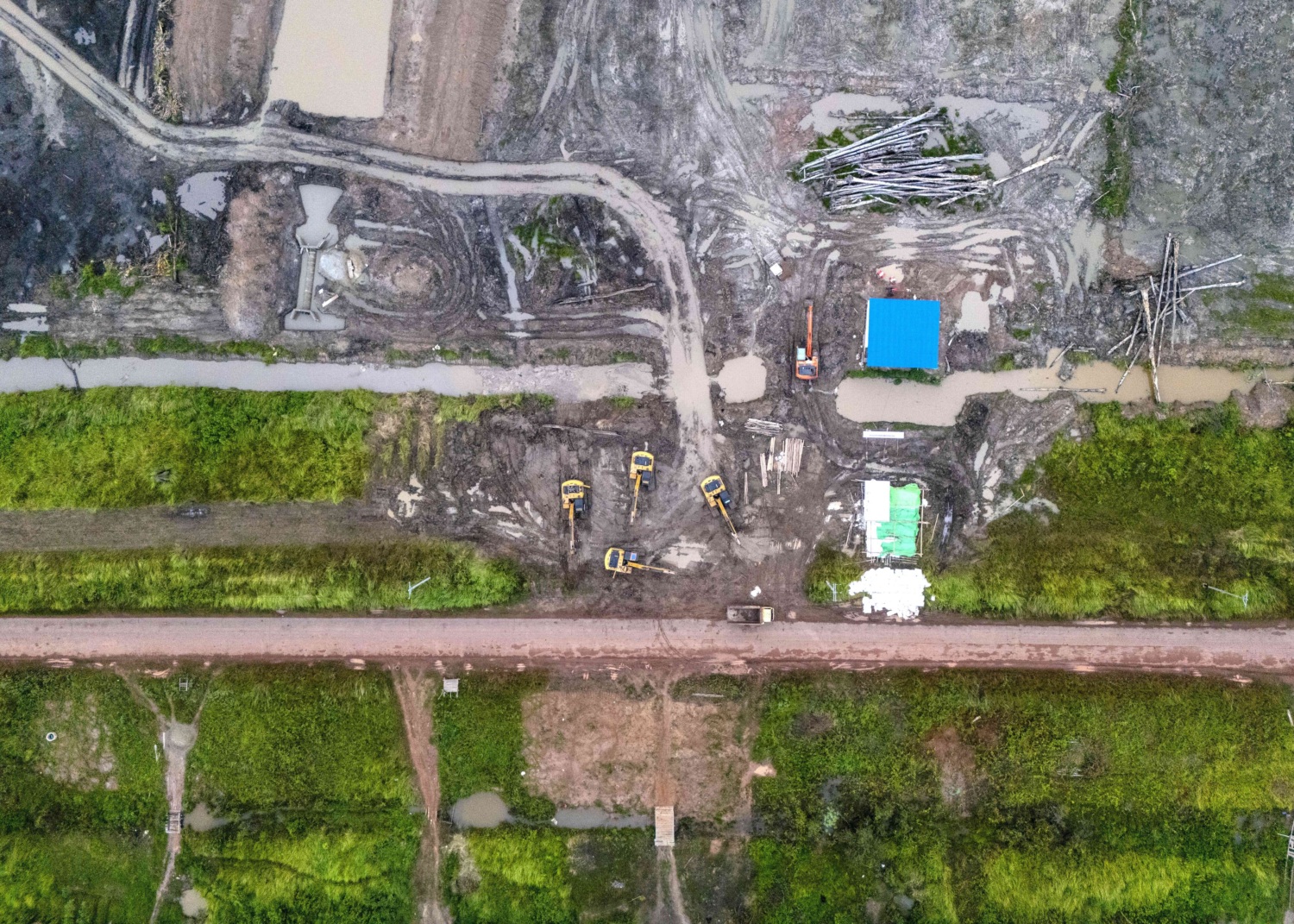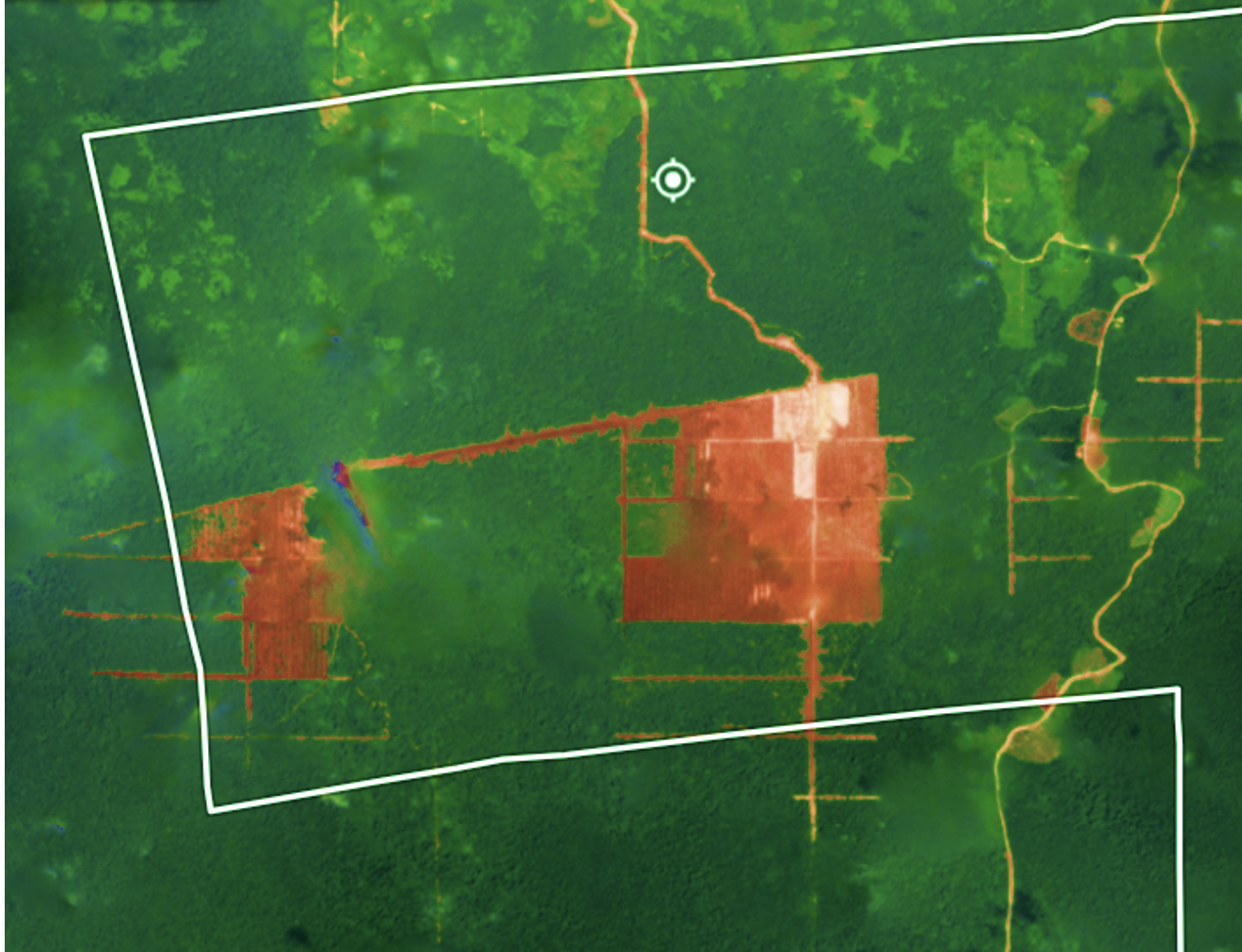
EUDR risk benchmarking branded a “farce”
The European Commission today revealed which countries will be designated as “Low risk” and “High risk” origins for products covered under the EU Deforestation Regulation (EUDR). With agricultural commodities from countries designated as “Low risk” scheduled to face few border checks, Mighty Earth warns that the EU is leaving the back door wide open to goods that have been produced on recently deforested or degraded land and/or grown illegally in protected areas such as wildlife refuges, national forests and Indigenous territories. In an extraordinary move, key countries with very highest levels of deforestation and degradation – such as Brazil, Bolivia and DR Congo – have all been left off the “High Risk” register.
Mighty Earth Policy Director Julian Oram said:
“The EUDR has become more about controlling political narrative than about controlling deforestation. Almost since it came into force in June 2023, the European Commission has been doing its utmost to bend the law to the will of those who don’t like it – namely companies and governments that preside over, and benefit from, the destruction of the world’s precious remaining forests. Today’s revelation of which countries have been classified under the EUDR risk benchmarking system is the latest, and perhaps most bizarre, example of this capitulation.”
“The risk benchmarking was supposed to reflect the likelihood that products such as beef, soy, palm oil, coffee, cocoa and timber entering the EU originated in areas that have been recently deforested or were produced illegally. Instead, the risk list published today shows that it was based on political horse trading and favouritism. For countries such as Canada, Ghana, Papua New Guinea and Romania to be classified as “Low risk” is nonsensical, and seemingly wilfully belies recent evidence of deforestation, forest degradation, and illegality linked to commodities originating from those countries being sold on the EU market.”
“The responsibility for this farcical classification does not primarily lie at the doors of the European Commission. Instead, it rests on EU member state governments, some of which have turned their backs to the climate and Nature emergency facing the planet at the behest of corporate lobbyists from the forestry and agribusiness sectors, especially in countries such as Austria, Germany and Finland. This is their legacy, and it will haunt them.”
Ends
For more information or to arrange an interview please contact:
Carole Mitchell, Global Director of Communications (London)
[email protected]
+44 7917 105000
About Mighty Earth
Mighty Earth is a global advocacy organization working to defend a living planet. Our goal is to protect half of Earth for Nature and secure a climate that allows life to flourish. We are obsessed with impact and aspire to be the most effective environmental advocacy organization in the world. Our team has achieved transformative change by persuading leading industries to dramatically reduce deforestation and climate pollution throughout their global supply chains in palm oil, rubber, and cocoa, while improving livelihoods for Indigenous and local communities across the tropics.
www.mightyearth.org


